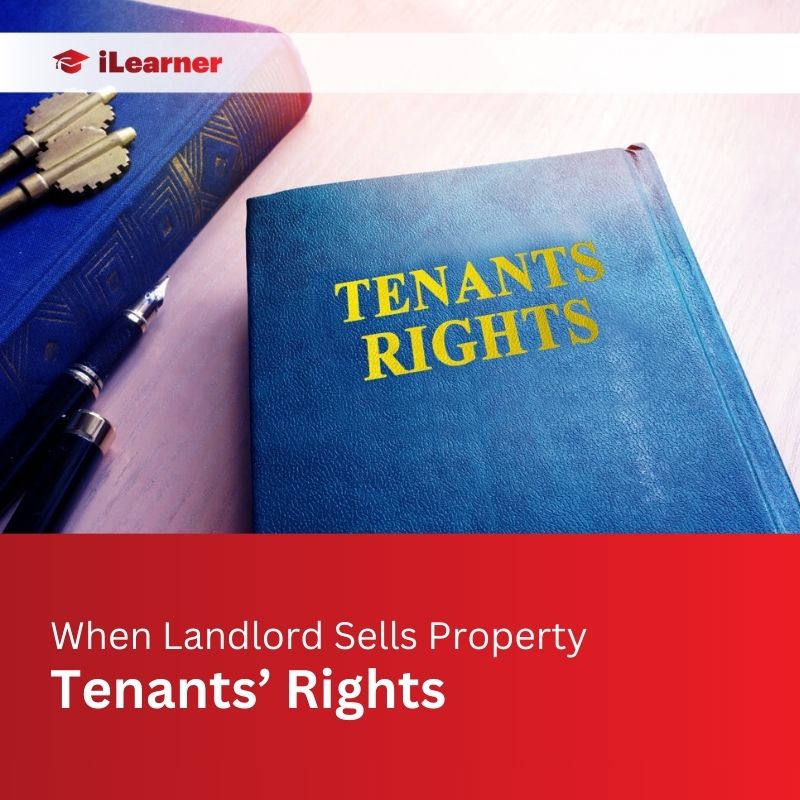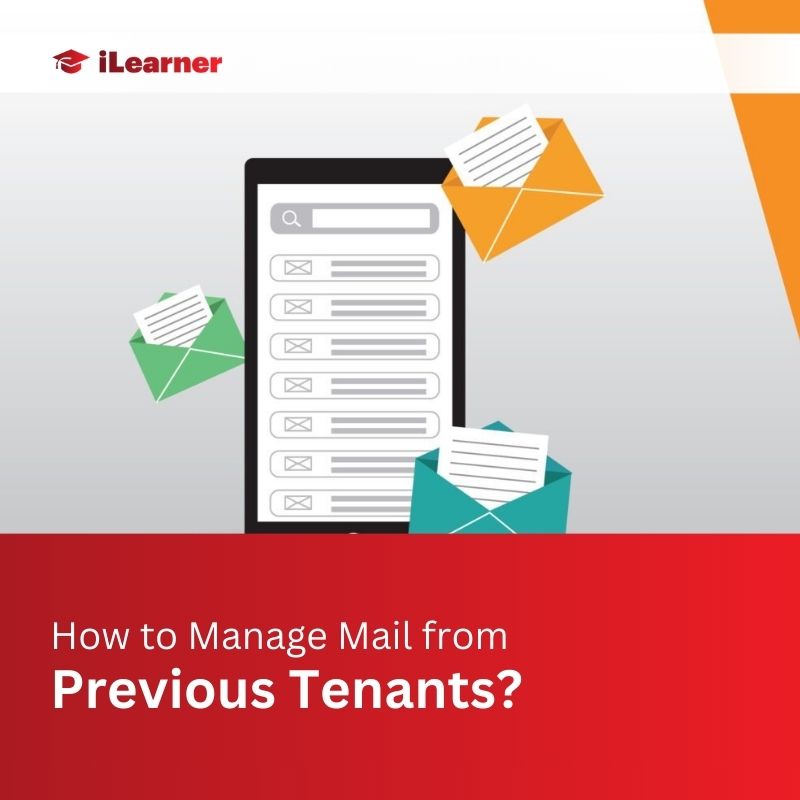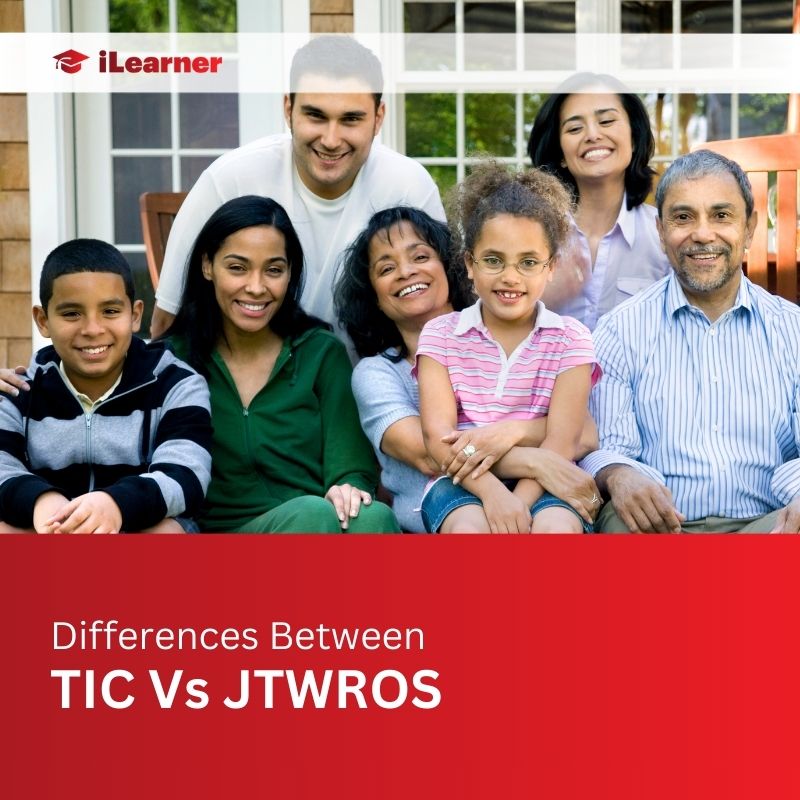When landlords decide to sell a property that is currently occupied by tenants, it’s essential for both parties to understand the rights and responsibilities involved in the process.
This guide aims to provide a comprehensive overview of tenants’ rights during property sales, empowering both tenants and landlords with the knowledge they need to navigate the transition smoothly and fairly.
Landlord’s Right to Sell and Tenant Protection
Landlords have the legal prerogative to sell their property at any time. However, tenants are protected from sudden eviction under various circumstances.
Even during a property sale, tenants have the right to continue living in the property until the lease expires, regardless of changes in ownership.
This ensures stability and security for tenants during the transition period.
Lease Validity During Property Sale
Existing lease agreements remain valid during the property sale process, with tenants retaining the rights and obligations outlined in their original lease agreements.
Tenants have the option to negotiate lease termination or mutual consent agreements with the landlord if they wish to vacate the property before the lease expires.
However, landlords must honor the terms of the existing lease agreements with the tenants, regardless of ownership changes.
Notice and Access Rights for Inspections
Landlords are required to provide tenants with advance notice before conducting property inspections, typically ranging from 24 to 48 hours.
This ensures that tenants have adequate time to prepare for the inspection and maintain their privacy.
Tenants also have the right to reasonable access and presence during inspections, allowing them to oversee the process and ensure their rights are respected.
Photography and Signage Permissions
Before conducting interior photography or placing signage on the property, landlords must obtain permission from the tenants.
Tenants have the right to consent to or refuse these activities, protecting their privacy and ensuring they are not inconvenienced by the sale process.
Landlords must respect tenants’ decisions regarding photography and signage, maintaining open communication and cooperation throughout the process.
Compensation for Tenant Displacement
In some cases, landlords may offer compensation to tenants for inconvenience caused by the property sale. This compensation may cover expenses associated with moving out, such as relocation fees or lease termination payouts.
Tenants have the right to negotiate with the landlord and ensure that any compensation offered is fair and adequate.
Understanding tenant rights in compensation offers is essential for both parties to reach a mutually beneficial agreement.
State-Specific Tenants’ Rights
Tenants’ rights may vary depending on the state or territory in which the property is located.
It’s important for tenants to be aware of their rights under local laws and regulations, including protections against illegal eviction and requirements for lease termination.
Landlords must also understand their obligations under state-specific laws to ensure compliance and avoid legal issues during the property sale process.
Key Obligations for Landlords When Buying Property with Tenants
When purchasing a property with existing tenants, landlords must abide by the terms of the existing tenancy agreements and fulfill additional obligations during the transfer of ownership.
This includes providing tenants with information about the tenancy deposit scheme and ensuring compliance with legal requirements to avoid disputes or legal action.
Expert Advice and Assistance
Seeking expert advice and assistance from legal professionals specializing in landlord and tenant law is essential for both landlords and tenants during the property sale process.
Some Legal services offer expertise and guidance to landlords dealing with property sales and tenant rights.
Landlords and tenants can benefit from expert advice to ensure compliance with legal requirements and facilitate a smooth transition.
Post-Sale Tenant Needs and Agreements
After the property sale is finalized, landlords, buyers, and tenants may need to negotiate post-sale arrangements, including lease extension or termination, rental terms, and buyer occupancy.
Open communication and negotiation between all parties are essential to address any concerns or issues and reach mutually acceptable agreements.
Landlords must prioritize tenant rights and legal obligations to ensure a fair and transparent process for all parties involved.
Collaboration with Real Estate Lawyers
Real estate lawyers play a crucial role in navigating legal procedures and protecting the rights of landlords and tenants during property sales.
Landlords should seek legal advice to ensure compliance with legal requirements and avoid potential legal issues.
Collaboration with real estate lawyers can help landlords and tenants understand their rights and responsibilities, facilitating a smooth and successful property sale process.
Conclusion
Understanding tenants’ rights when landlords sell property is crucial for ensuring a fair and transparent process for all parties involved.
By empowering tenants and landlords with knowledge of their rights and responsibilities, this guide aims to facilitate a smooth transition during property sales.
Open communication, cooperation, and collaboration with legal professionals are essential for navigating the complexities of the property sale process and protecting the rights of both tenants and landlords.
FAQs: Tenants Rights When Landlord Sells Property
1. Do tenants’ rights vary based on the state?
Yes, tenants’ rights can vary significantly based on the state or territory in which the property is located. It’s important for tenants to be aware of their rights under local laws and regulations, including protections against illegal eviction and requirements for lease termination.
2. What are some considerations for landlords when selling their house?
Landlords should prioritize understanding and respecting tenants’ rights during the property sale process. This includes providing advance notice before conducting property inspections, obtaining permission for photography and signage, and negotiating fair compensation for tenant displacement if necessary.
3. How much time does a tenant have to move out after a property sale?
The amount of time a tenant has to move out after a property sale depends on various factors, including the terms of the lease agreement and local laws. In some cases, tenants may have at least 30 days to vacate the premises after the sale is finalized.
However, it’s important for tenants to check their lease agreements and consult legal professionals for specific guidance.
Also Read:




